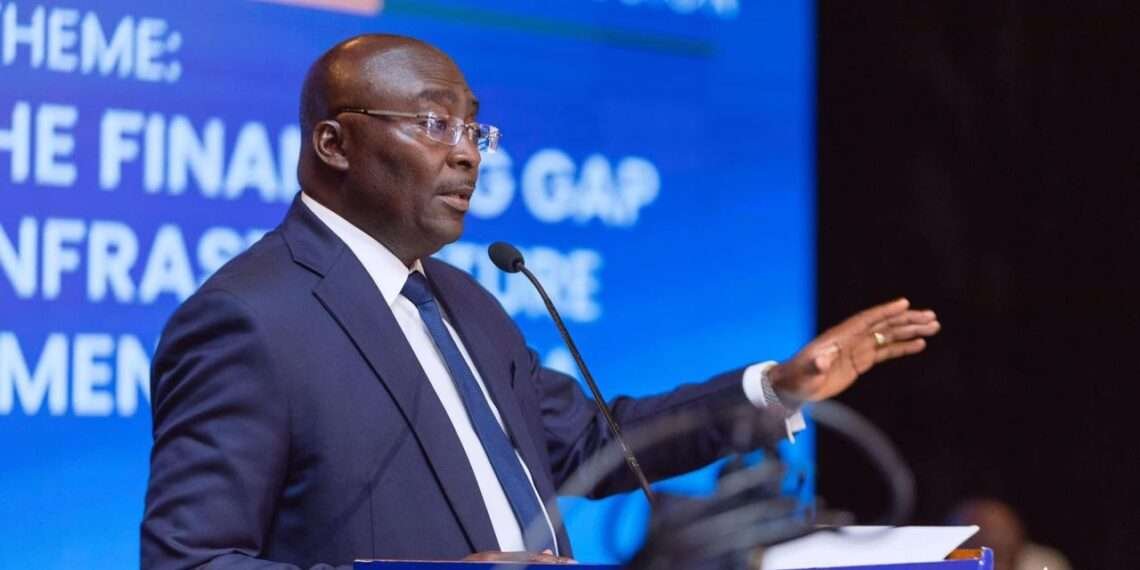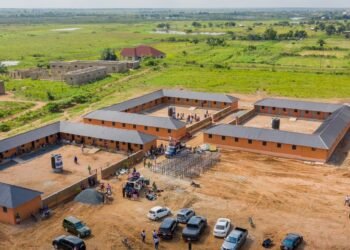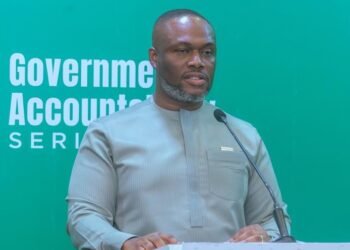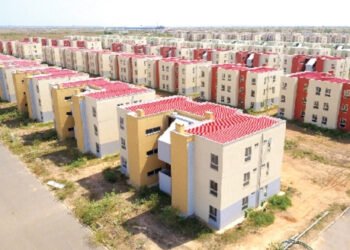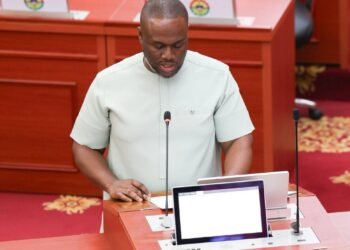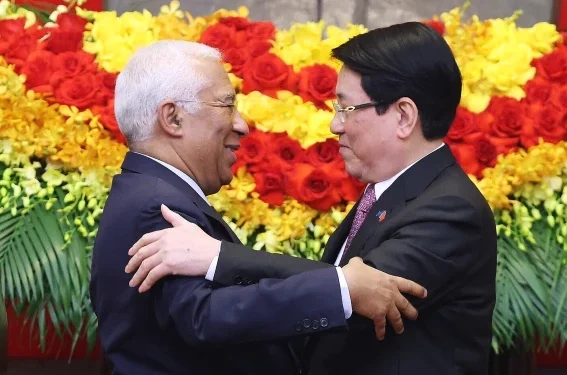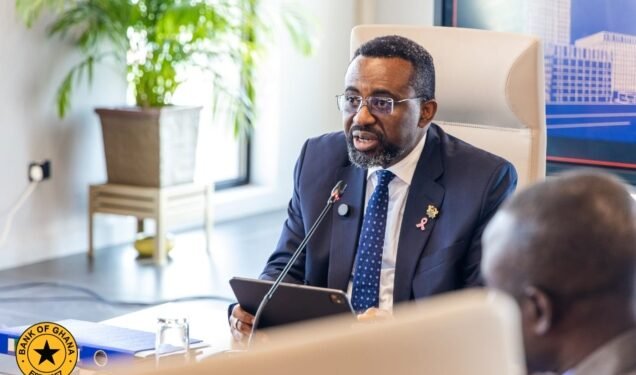The New Patriotic Party (NPP), under the leadership of Vice President Dr. Mahamudu Bawumia, launched its 2024 manifesto with a bold and comprehensive plan aimed at tackling the high cost of living in Ghana.
The manifesto, unveiled at a high-profile event, sets out an ambitious vision to create economic stability and improve the quality of life for Ghanaians across the country.
One of the key pillars of the NPP’s manifesto is ensuring food security by stabilizing the prices of locally produced foods. This initiative, according to Dr. Bawumia, will be achieved through strategic financing and guarantees from Development Bank Ghana (DBG) and the Ghana Incentive-Based Risk-Sharing System for Agricultural Lending (GIRSAL).
“This will mainly involve upscaling the production of staple foods, and investing in the preservation of staple foods, meat, poultry and fish products.”
Vice President Dr. Mahamudu Bawumia
The emphasis on locally produced food is expected to reduce Ghana’s dependence on imported food items, thereby mitigating the effects of global price fluctuations on the local market. By stabilizing the prices of these essential commodities, the NPP hopes to make food more affordable for Ghanaians, which will in turn reduce the overall cost of living.
In a bid to address the rising cost of public transportation, the NPP’s manifesto places significant focus on promoting and supporting the use of Electric Vehicles (EVs) for public transport.

Dr. Bawumia highlighted the party’s commitment to creating a conducive environment for the adoption of EVs, which are expected to offer a more cost-effective and environmentally friendly alternative to traditional fuel-powered vehicles.
The NPP also plans to expand the Gold-For-Oil Programme (G4O), a scheme that has already contributed to stabilizing fuel prices in the country. By expanding this program, the party aims to further shield Ghanaians from the volatile global oil market, ensuring that fuel prices remain stable and affordable.
In addition, the introduction of the “Flat Rate for all importers” policy is expected to bring predictability and stability to the prices of imported spare parts, further contributing to reduced transportation costs.
To make transportation even more accessible, the NPP intends to make drivers’ licenses valid for 10 years, renewable every five years. This move is expected to reduce the frequency and cost of renewals for drivers, contributing to the overall reduction in the cost of transportation.
Affordable Housing Initiatives

The NPP’s manifesto also addresses the pressing issue of housing, with a focus on providing a variety of accommodation options to meet the needs of different income groups.
Dr. Bawumia highlighted the party’s commitment to expanding social housing, which will include the development of homeless shelters for vulnerable populations and an expanded Rental Assistance Scheme for low-income workers.
In terms of affordable housing, the manifesto proposes District Housing projects that will be realized through incentives provided to the private real estate sector.
“The State Housing Company (SHC), TDC, and the National Homeownership Fund (NHF) will also see expanded roles in this effort, helping to increase the supply of affordable homes across the country.”
Vice President Dr. Mahamudu Bawumia
To improve housing finance, the NPP plans to expand the mortgage market and introduce more rent-to-own schemes, making homeownership more accessible to a broader segment of the population.
In a bid to encourage the development of social housing, “we will provide public lands within our main cities to private developers, and make it mandatory for them to “set aside” between 20% to 30% for low-income social housing units with subsidised rents.”
Enhancing Power Availability and Affordability

In the energy sector, the NPP promised to significantly improve the availability and affordability of power by bringing 2,000 MW of solar power on stream. In a bid to incentivize the adoption of solar energy, the party plans to introduce a net metering system where users can sell excess power they generate back to the national grid and receive “free electricity” in return when they need it.
This initiative is part of a broader strategy to transition Ghana towards more sustainable energy sources while reducing electricity costs for consumers. The NPP’s focus on renewable energy is expected to contribute to the country’s energy security and affordability in the long term.
To improve efficiency in public and private services, the NPP manifesto emphasized the importance of the GhanaCard, the country’s national identification card.
Under the new policy, all public and private organizations will no longer be required to collect basic data from individuals who possess a GhanaCard. This measure is expected to streamline service delivery and reduce bureaucratic delays, further easing the cost of living for Ghanaians.
The NPP’s 2024 manifesto, as unveiled by Vice President Dr. Mahamudu Bawumia, presented a bold and detailed plan to tackle the high cost of living in Ghana. Through targeted interventions in food security, transportation, housing, energy, and public service delivery, the party aims to create a more affordable and sustainable living environment for all Ghanaians.
As the election approaches, this manifesto will undoubtedly be a critical document for voters assessing the NPP’s vision for the future.
READ ALSO: World Bank Avows Firm Stance on Misused Funds in Ghana

